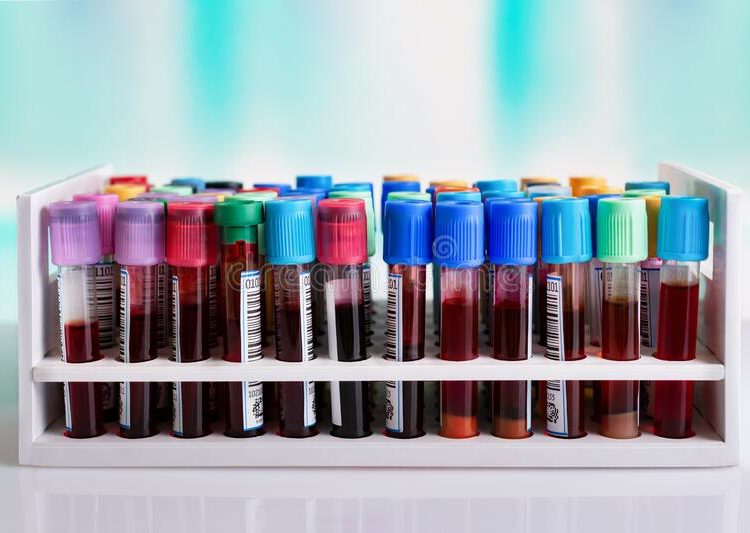Only 80 per cent of blood donations are screened with quality assurance in Africa, the World Health Organisation (WHO) revealed, even as health practitioners are tasked on safe practices to ensure blood safety.
A virologist, Prof. Oyewale Tomori told me there are five main strains of the hepatitis virus; types A, B, C, D, and E, of which types B and C can lead to chronic disease like liver cirrhosis, liver cancer and viral hepatitis-related deaths.
Tomori said the Hepatitis B virus is most commonly transmitted through contact with blood, an infected partner, injections, sharp objects and food products contaminated through a person with the virus.
Already, over 91 million Africans live with Hepatitis B or C, according to the 2021 WHO hepatitis scorecard and in Nigeria, the scorecard revealed that an estimated 998,000 children under five years and 11, 679,000 other Nigerians are chronic carriers of Hepatitis-B antigen.
In the African region, only 80 per cent of blood donations are screened with quality assurance, while five per cent of syringes are re-used, WHO regional director for Africa, Dr. Matshidiso Moeti said, adding that only six syringes are distributed per injecting drug user, compared to the global annual target of 200.
“Diagnosis and treatment rates are alarmingly low, the scorecard shows. In 2021, only an estimated two percent of persons infected with Hepatitis B were diagnosed, and only 0.1 percent were treated. For Hepatitis C, an estimated 5per cent of infected persons were diagnosed, with close to 0 percent treated,” Moeti added.
Tomori said since hepatitis is a blood borne disease, one must avoid untested blood. “Every blood that must be transfused, must be tested and be certain that it is free from HPV and other diseases.”
Eliminating the virus by 2030 would require all Nigerians including the health practitioners to follow the guidelines, the virologist said.
To start with, Tomori said there is a safe and effective vaccine that offers protection against Hepatitis B, adding that parents must ensure that their children are vaccinated within 24 hours of their birth and thereafter, followed up with subsequent doses.
“Recall I said hepatitis can be spread through contaminated blood products. Medical practitioners must ensure blood safety,” Tomori added.
The virologist also advised Nigerians to avoid using unsafe injections, transfusions and unprotected sexual contact.
Moeti adds that hepatitis services must be decentralised to integrated facilities where most Africans still seek care, stating that while progress has been made in making hepatitis medications affordable,still more needs to be done.
“If we put our minds to, we can eliminate hepatitis by 2030. There is nothing that is not feasible, it is just that commitment, not from the government alone, but from every Nigerian,” Tomori added.





